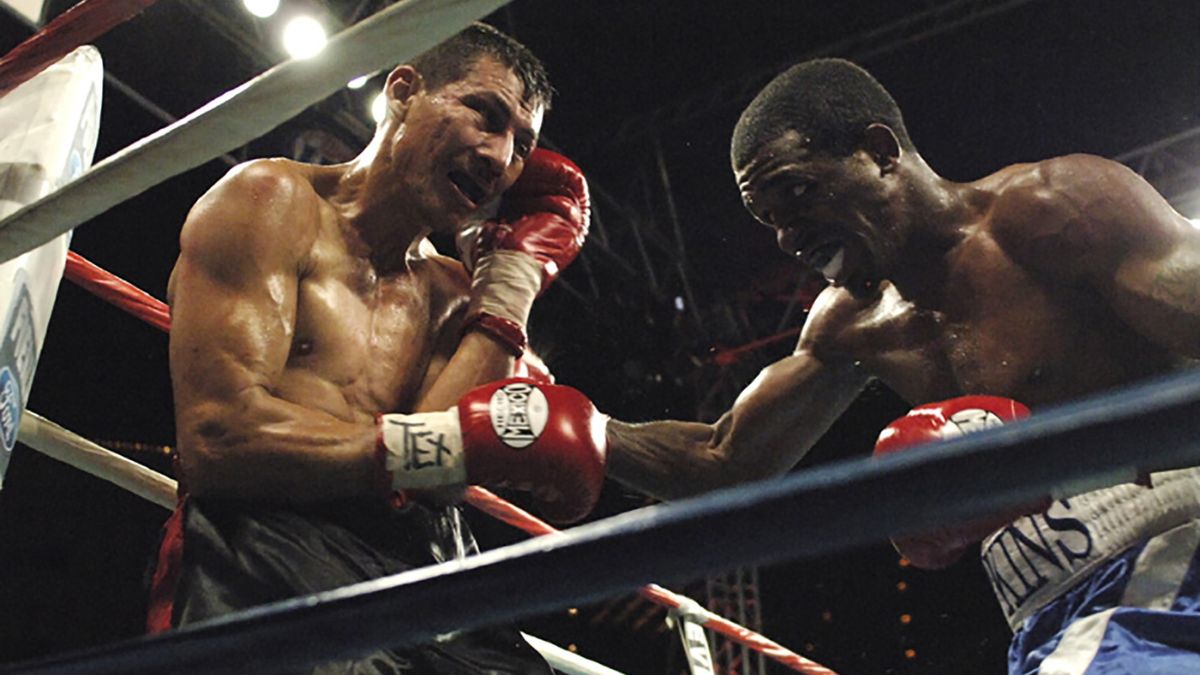The Controversial Judging in Boxing
The Controversial Judging in Boxing
The Effect of the Cold War on Boxing Politics

The Effect of the Cold War on Boxing Politics
In the tempestuous theater of the 20th century, where the Cold War staged its silent battles and ideological showdowns, the world of boxing emerged not just as a sport but as a profound political arena. This is a tale of how the squared circle became a battleground for superpower rivalry, a narrative that entwines the raw, primal ferocity of boxing with the intricate ballet of geopolitical maneuvering. The effect of the Cold War on boxing politics is a saga of defiance, pride, and the unyielding spirit of athletes caught in the vortex of history’s most chilling standoff.
As the Iron Curtain descended across Europe, dividing the East from the West, the realm of sports, particularly boxing, found itself ensnared in the invisible webs of Cold War politics. The boxing ring, with its ropes and corners, became a microcosm of the global struggle between capitalism and communism. Each punch thrown and each jab landed carried with it the weight of national ideologies, the hopes of political systems, and the dreams of victory over the ideological adversary.
The Olympic Games, where amateur boxing held a place of honor, transformed into arenas where the superpowers flexed their muscles not with missiles and tanks, but with gloves and gumshields. The athletes, embodying the physical might and strategic prowess of their nations, became pawns and protagonists in a larger narrative of dominance and resistance. The Eastern Bloc, led by the Soviet Union, poured resources into training boxers, turning them into titans of strength and discipline, embodiments of the socialist ideal. Western countries, spearheaded by the United States, countered with their own champions, symbols of freedom, individualism, and the competitive spirit of capitalism.
The stories of these athletes are tales of awe and inspiration. Take, for instance, the legendary match-ups between American and Soviet boxers, where every bout was charged with an electric tension that mirrored the nuclear stand-off. The world watched, awestruck, as these fighters, who trained in the shadows of political doctrines, faced off in the ring, their fists writing history with every blow. The boxing matches between East and West were more than mere contests of strength and skill; they were diplomatic duels, silent conversations between rival ideologies, where victory or defeat could sway the global balance of power.
The Cold War era also witnessed the rise of defectors, boxers who braved the Iron Curtain’s lethal barriers in search of freedom and opportunity. Their stories added a human dimension to the political saga, highlighting the personal battles waged within the larger war. These athletes, often vilified by their home countries and idolized by their new ones, embodied the complex interplay of loyalty, ambition, and the search for identity in the chilling ambiance of Cold War politics.
As the Cold War thawed and the Berlin Wall crumbled, the political pressures on boxing began to wane, but the legacy of this era remains indelible in the sport’s history. The matches of this period were not just contests of physical might; they were emblematic struggles that captured the essence of the human spirit—its capacity for courage, resilience, and the relentless pursuit of victory, not just within the confines of the ring, but in the grand arena of world politics.
In reflecting on the impact of the Cold War on boxing politics, we are reminded of the sport’s unique power to transcend mere physical engagement, becoming a stage where the dramas of history, politics, and personal ambition intersect. This saga, rich in its narratives of conflict and triumph, continues to awe and inspire, a testament to boxing’s enduring legacy as a microcosm of humanity’s perpetual struggle for freedom, identity, and supremacy.